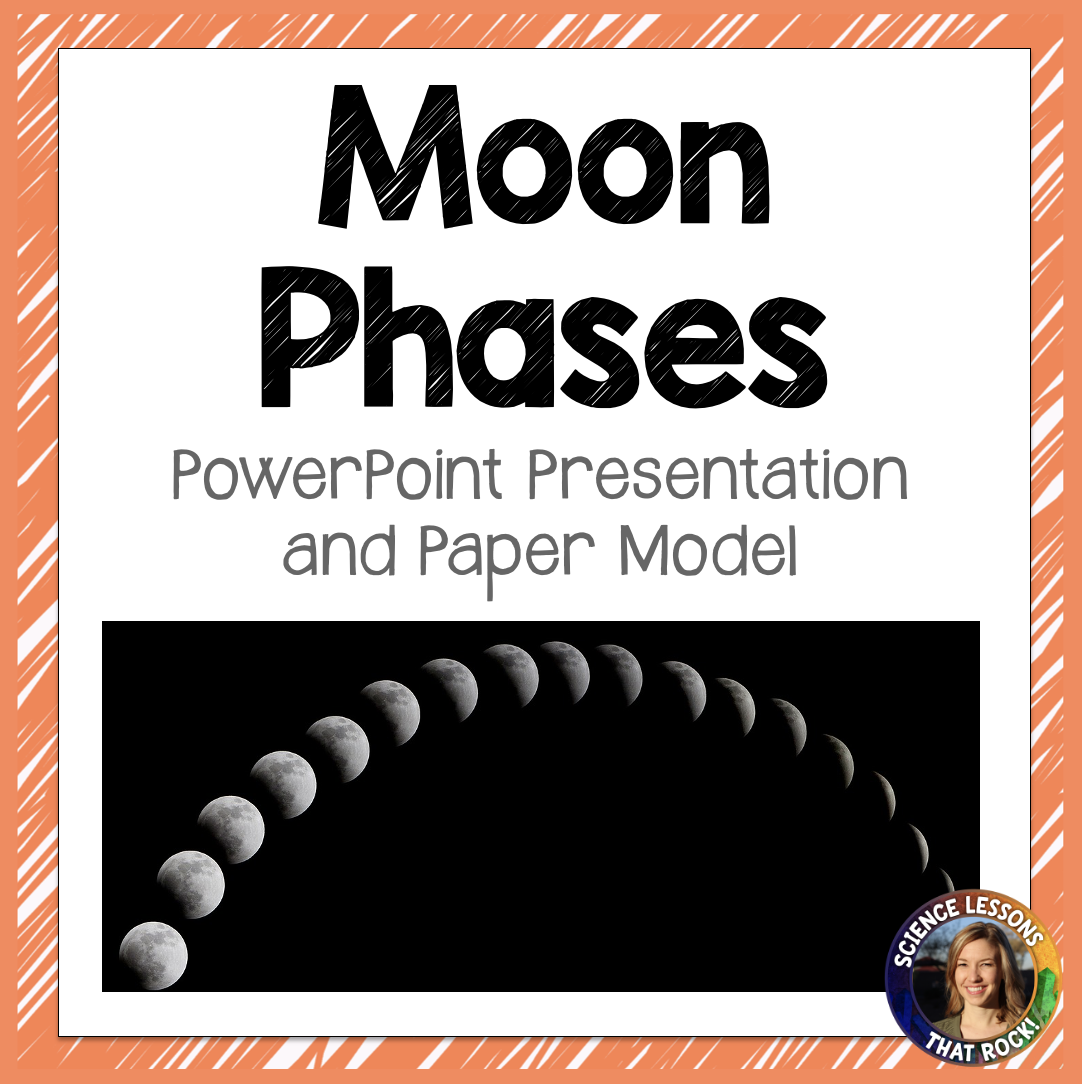Moon Phases Archives Brainpop Educators Moon Phase Lessons Science

Moon Phases Lesson Store Science Lessons That Rock The moon makes earth more livable, sets the rhythm of ocean tides, and keeps a record of our solar system's history. explore nasa lunar science here. Earth's moon records evidence of our solar system's history in the form of impact craters, cooled lava landforms, ancient ice deposits, and more.
Moon Phase Science Activities For Elementary Students The brightest and largest object in our night sky, the moon makes earth a more livable planet by moderating our home planet's wobble on its axis, leading to a relatively stable climate. it also causes tides, creating a rhythm that has guided humans for thousands of years. the moon was likely formed after a mars sized body collided with earth several billion years ago. earth's moon is the only. Moon, earth’s sole natural satellite and nearest celestial body. known since prehistoric times, it is the brightest object in the sky after the sun. its name in english, like that of earth, is of germanic and old english derivation. The 8 lunar phases are: new moon, waxing crescent, first quarter, waxing gibbous, full moon, waning gibbous, third quarter, & waning crescent. As the moon travels around earth, different parts of it are lit up by the sun. these changes in the moon's appearance from our view on earth are called moon phases. this graphic shows all eight moon phases we see as the moon makes a complete orbit of earth about every four weeks. credit: nasa jpl caltech.
Solved Moon Phases Quiz Brainpop What Moon Phase Is Feb Goog The 8 lunar phases are: new moon, waxing crescent, first quarter, waxing gibbous, full moon, waning gibbous, third quarter, & waning crescent. As the moon travels around earth, different parts of it are lit up by the sun. these changes in the moon's appearance from our view on earth are called moon phases. this graphic shows all eight moon phases we see as the moon makes a complete orbit of earth about every four weeks. credit: nasa jpl caltech. Learn how earth's moon formed, how its orbit affects earth's tides, why solar and lunar eclipses happen and the history of lunar exploration. The moon is about one fourth the size of earth. it's primarily composed of rock and minerals, with a small iron core. the moon's average distance from earth is roughly 239,000 miles. lunar phases. The moon (or luna) is the earth’s only natural satellite and was formed 4.6 billion years ago around some 30–50 million years after the formation of the solar system. the moon is in synchronous rotation with earth meaning the same side is always facing the earth. the first uncrewed mission to the moon was in 1959 by the soviet lunar program with the first crewed landing being apollo 11 in.

Moon Phases Archives Brainpop Educators Moon Phase Lessons Science Learn how earth's moon formed, how its orbit affects earth's tides, why solar and lunar eclipses happen and the history of lunar exploration. The moon is about one fourth the size of earth. it's primarily composed of rock and minerals, with a small iron core. the moon's average distance from earth is roughly 239,000 miles. lunar phases. The moon (or luna) is the earth’s only natural satellite and was formed 4.6 billion years ago around some 30–50 million years after the formation of the solar system. the moon is in synchronous rotation with earth meaning the same side is always facing the earth. the first uncrewed mission to the moon was in 1959 by the soviet lunar program with the first crewed landing being apollo 11 in.

How To Teach Moon Phases So Students Understand Rather Than Just The moon (or luna) is the earth’s only natural satellite and was formed 4.6 billion years ago around some 30–50 million years after the formation of the solar system. the moon is in synchronous rotation with earth meaning the same side is always facing the earth. the first uncrewed mission to the moon was in 1959 by the soviet lunar program with the first crewed landing being apollo 11 in.
Comments are closed.